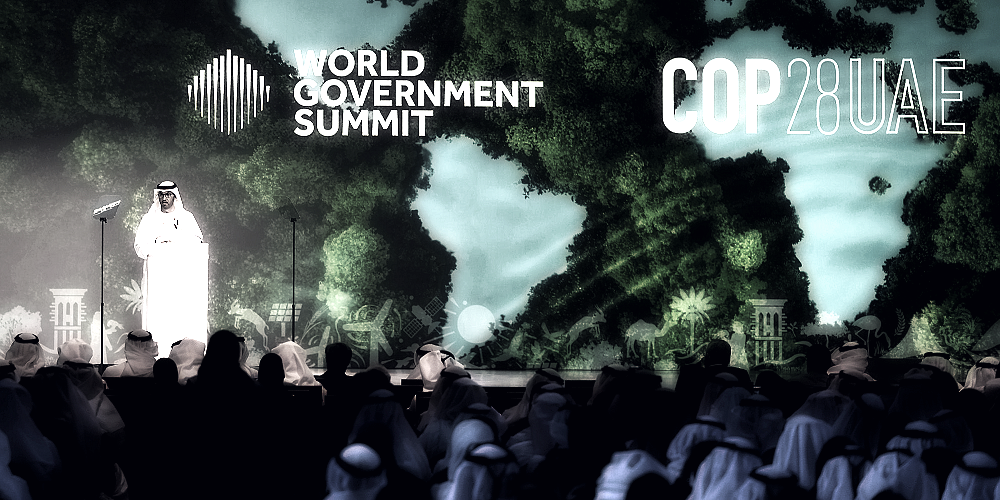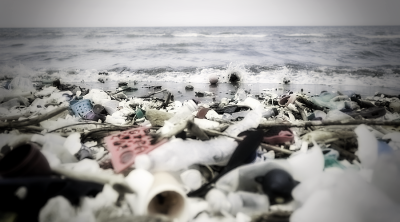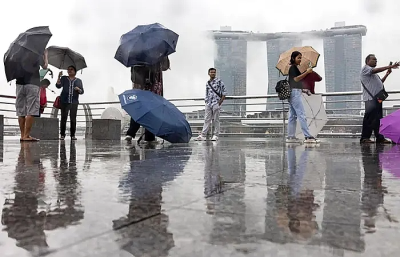
We have no idea what consensus will be achieved in the COP28 UN Climate Change Conference currently held in the UAE from November 30 to December 12, but experience tells us that actions to cut down carbon emission will remain empty talks, or we wouldn’t have seen a 1.1% increase in carbon emission this year.
Scientists have warned that 1.5C could arrive earlier than anticipated within the next seven years.
The Inter-governmental Panel on Climate Change (IPCC) has earlier said that to contain global temperature rise below 1.5C, annual carbon emission must be drastically slashed by 43% by 2030.
Unfortunately this seems to be a tall order right now, with CO2 emission from fossil fuels continuing to rise this year to a total of 36.8 billion tons.
The UN Environment Programme Executive Director Inger Andersen said the world must move towards the zero emission goal as soon as possible, with developed nations achieving the goal by 2040, followed by developing countries latest by 2050, so that global temperature rise can be contained within 1.5C.
The reality is, 2023 is the hottest year in recorded human history. The 1.5C target initially planned for Year 2100 could be breached 70 years ahead of schedule in 2030!
COP28 was kicked off last Thursday with oil-producing countries seizing the opportunity to discuss production cut. This has cast a gloom over any prospect of resolution on emission cut.
With the hosts UAE still actively selling oil, this year’s climate summit is destined to fail.
According to the data obtained by BBC’s independent reporter, UAE is prepared to take advantage of the hosting of the global climate summit to strike new oil and gas deals with 15 other countries. Simply put, UAE is banking on the occasion to sell oil!
Global warming is very much in the “present tense”; so is carbon emission. Unfortunately, developed countries are still attempting to hold the tail end of natural gas, thrashing any hope that global temperature rise can be seized anytime soon.
The latest UN statistics show that G20 countries contribute as much as 78% of the world’s total greenhouse gas emission, led by China, the United States, India and Russia.
Middle East countries, including Saudi Arabia, Iran, Iraq and UAE collectively produce 31.3 million barrels per day, or 34% of global output. These countries do not have much resource other than oil and gas. If emission cut is strictly practised, demand for oil and gas will plummet, spelling economic disaster for countries that heavily rely on oil and gas industry.
While pushing for carbon neutrality, should the UN also help these country plan for their “transition” towards clean energy? Without the cooperation of major oil producing countries, efforts for zero emission will collapse.
Since the first Conference of the Parties (COP) meeting in 1995, the more notable achievements include the Kyoto Protocol signed in 1997 (but officially failed in 2020), the 2015 Paris Agreement, and the 2021 Glasgow Climate Pact.
This year, we usher in the hottest year in history. The many extreme climatic patterns in the last two years prove that climate crisis is very much around us now, and is not something yet to come. Besides actively cutting down carbon emission and enhancing versatility in tackling an imminent climate crisis, the world must also try to compensate climatically vulnerable countries.
The COP28 Climate Conference is the largest in history with over 140 world leaders and almost 100,000 participants attending, minus the leaders of the world’s two largest emitters China and the US!
But with the hosts UAE still actively selling oil, this year’s climate summit is destined to fail.
ADVERTISEMENT
ADVERTISEMENT






































